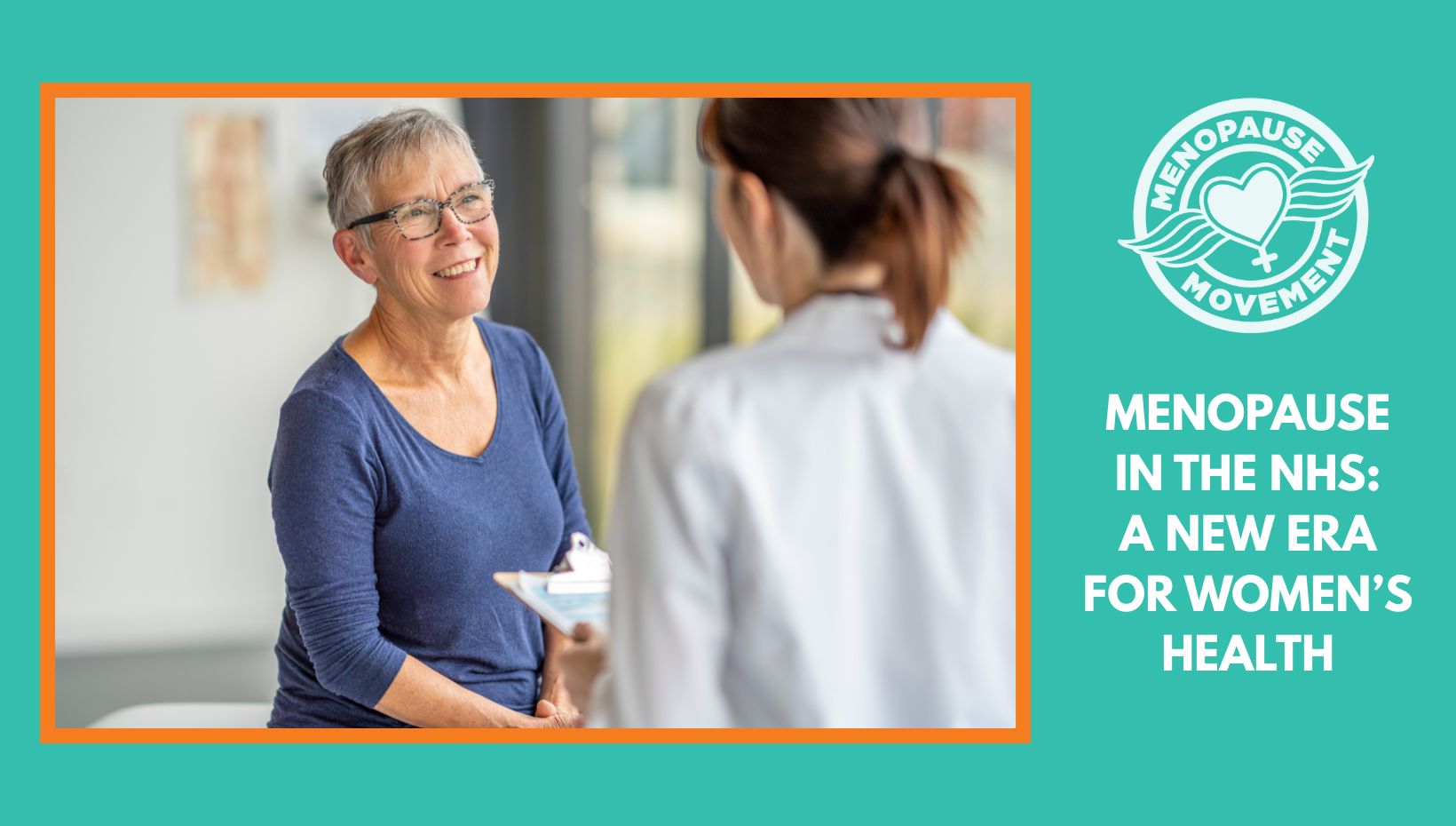
Transformational News: Menopause Now Included in Routine NHS Health Checks
A long-awaited change has arrived for women’s health in the UK. The Department of Health and Social Care (DHSC) has announced that menopause will now be included in routine NHS Health Checks for women aged 40–74 — the first time this life stage has been formally recognised in standard health assessments.
This is a historic step forward for women’s wellbeing, ensuring that the perimenopause and menopause are no longer overlooked. The new checks — free NHS assessments offered every five years — will benefit nearly five million women across England.
Until now, menopause was rarely discussed in midlife NHS health checks. Too many women faced symptoms like brain fog, fatigue, anxiety, hot flushes, and poor sleep without professional support.
By adding dedicated menopause questions into NHS Health Checks, the government is helping women to:
Professor Ranee Thakar, President of the Royal College of Obstetricians and Gynaecologists, called the change “fantastic news” that will help to reduce stigma around menopause. But she also urged that care must reach women from diverse ethnic and social backgrounds, who have historically been underrepresented in menopause research and treatment.
At Menopause Movement, we welcome this long-awaited change. As Menopause Movement trained coaches, we’re passionate about working alongside the NHS to help women stay strong, healthy, and active throughout menopause and beyond.
We believe that good menopause care should go far beyond symptom management — it’s about helping women build lasting health and confidence.
Here’s how we can work hand in hand with NHS menopause health checks:
We help women understand their bone health risks, promote resistance and impact training, and offer guidance on nutrition for calcium, vitamin D, and muscle strength.
Many women lose muscle mass rapidly after 40. Our programmes teach strength training for menopause, tailored to every fitness level, to improve longevity, balance, and metabolism.
Conditions like vaginal dryness, recurrent UTIs, and pelvic pain often appear years after menopause. We help women understand these changes and access effective treatment and lifestyle strategies.
Hormonal changes can disrupt sleep and appetite. We provide practical strategies around restorative sleep routines and balanced nutrition to support hormonal stability and overall wellbeing.
As Janet Lindsay, CEO of Wellbeing of Women, highlighted, women from marginalised communities are often less likely to know about or attend NHS health checks. This change offers an opportunity to make menopause care more inclusive — but it must be paired with community outreach and culturally sensitive education.
By collaborating with grassroots organisations, fitness professionals, and menopause coaches, we can ensure that every woman — regardless of background — feels informed, supported, and seen.
This new NHS menopause initiative is more than an administrative update — it’s the start of a new era in women’s healthcare. For the first time, menopause is recognised as a vital part of preventative health.
At Menopause Movement, we’re committed to building on this progress by offering practical, evidence-based tools to help women:
Together, we can ensure that menopause is no longer a silent struggle, but a powerful, supported transition.
This announcement is a huge step, but it’s only the beginning. To make it truly transformative, we need collaboration across the healthcare and wellness sectors. Healthcare professionals, coaches, and community leaders can unite to ensure that every woman — no matter her background — has access to informed, compassionate menopause support.
At Menopause Movement, we are ready to help women harness their strength, protect their health, and redefine what midlife looks like.
💪 Here’s to stronger, healthier, more confident women — empowered by knowledge and supported by change.
October 2025